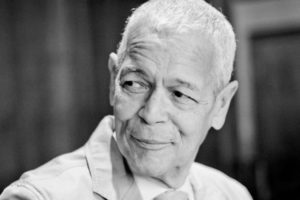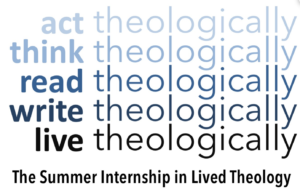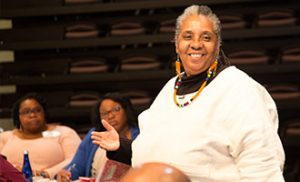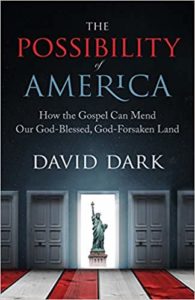
Julian Bond Transcribe-a-Thon
The University of Virginia is embarking on a project to make social justice and civil rights icon Julian Bond’s collection of documents accessible to the world through a crowdsourced transcription effort. #TranscribeBond is the first stage in the ultimate production of an online, digital edition. Read More









